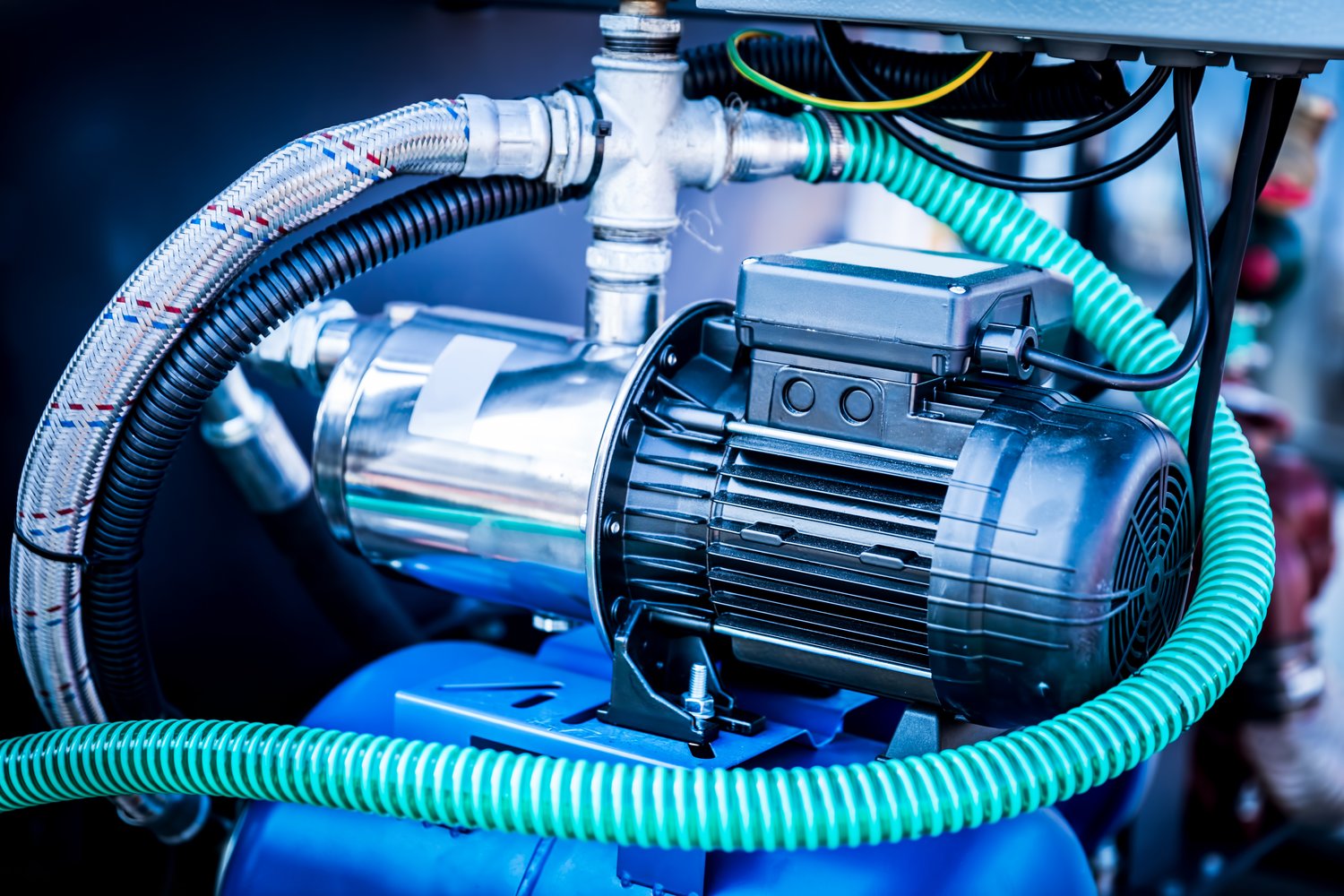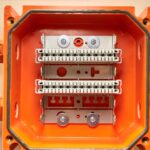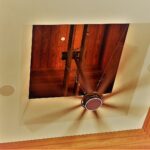Maintaining a smooth-running pool is essential for enjoying crystal-clear water and uninterrupted relaxation, but persistent pump issues can spoil the fun. Pool pumps are the heart of any pool’s circulation system, and when they’re not working correctly, the entire enjoyment of your pool can come to a halt. This article delves into the common problems pool owners face with their pumps and provides valuable insights into practical solutions for each.
- Explore the typical issues like leaks, noise, and inefficiency that can significantly affect your pool’s operation.
- Learn the steps to diagnose specific pool pump problems, enabling targeted troubleshooting and effective maintenance.
- Discover essential maintenance tips to keep your pool pump operating smoothly and extend its lifespan.
- Understand when DIY solutions suffice and when to call in the professionals for complex pool pump repairs.
- Consider upgrading to modern pool pumps that offer enhanced efficiency and long-term reliability for your pool system.
Dive deeper into the world of pool pump maintenance and discover how taking prompt action can save you time and resources while ensuring your pool remains in top condition. Apply these expert solutions and enjoy a hassle-free pool experience, all season long.
Understanding Pool Pump Problems and Solutions
Pools are a fantastic addition to any home, offering a refreshing retreat and countless hours of enjoyment. However, they require effective maintenance to remain in top condition. One crucial element of pool maintenance is the pool pump. Understanding the typical issues pool pumps encounter is essential for smooth pool operations. Some common pool pump problems include leaks, unusual noises, and inefficiency.
Leaks in a pool pump can arise from worn-out seals or a cracked housing, leading to water loss and reduced filtration efficiency. Unusual noises, such as grinding or humming, might indicate a problem with the motor bearings or debris caught in the impeller. Inefficiency often results from a clogged filter or obstructed water flow, reducing the pump’s ability to circulate water effectively.
The impact on overall pool operation can be significant. A malfunctioning pool pump can lead to stagnant water, poor circulation, and increased chemical usage, ultimately affecting water quality. Promptly addressing these issues ensures a cleaner, safer swimming environment and prolongs the life of your pool equipment.
Diagnosing Common Pool Pump Issues
Before diving into repairs, correctly diagnosing common pool pump issues is vital. Start by observing any visible signs, such as water leaks around the pump or unusual sounds during operation. Listen carefully to differentiate between normal operational sounds and those signaling a problem.
Next, inspect the pump’s components. Check the pump basket for debris build-up, which could restrict water flow. Ensure the pump lid’s o-ring is intact and seated correctly, as a worn or misplaced ring can cause air leaks. Examine the motor for overheating signs, indicating possible electrical issues or obstructions causing strain.
Perform a system pressure test. Use a pressure gauge to analyze the pump’s operating pressure, comparing it to standard levels. Discrepancies can suggest blockages within the pump or elsewhere in the circulation system.
Efficient troubleshooting means employing these diagnostic steps routinely ensures swift intervention and helps maintain optimal pool operation, saving time and preventing costly repairs.
Essential Tips for Pool Pump Maintenance
Ensuring your pool pump runs efficiently is essential for the overall health of your pool. Regular maintenance not only extends the lifespan of your pool pump but also ensures the water stays clean and refreshing.
Begin with routine checks. Frequently inspect the pump for any visible signs of wear and tear. Look out for leaks or cracks, especially around the pump housing and connections. Early detection of these issues can prevent costly repairs in the future.
Cleaning is another vital aspect. Clean out the pump basket every week to make sure debris is not affecting the pump’s efficiency. A clogged basket can reduce water flow and force your pump to work harder, leading to potential damage. Additionally, keep the pool filter clean, as a dirty filter can impact pump performance.
For optimal performance, make sure the pump is well-lubricated. Lubricate the O-rings regularly to prevent them from drying out and cracking. This helps maintain a tight seal and prevents leaks.
Finally, listen to your pump. Unusual noises could signal a problem. If you hear grinding or other unusual sounds, it might require immediate attention to avoid further damage.
Effective Pool Pump Problems and Solutions
Troubleshooting pool pump problems requires a combination of DIY solutions and knowing when to call in a professional. Here’s how you can address common issues effectively.
If your pool pump is making excessive noise, it could be due to bearings in the motor. Try tightening any loose parts or replacing worn bearings. Regular lubrication can also help minimize noise.
Experiencing low water pressure? First, check for clogs in the pump basket or filter. Clean these elements thoroughly. If the issue persists, inspect the impeller for blockages. Also, verify that the pool water level is adequate, as low water levels can cause air pockets and disrupt water circulation.
Leaks are often a result of worn-out seals. Replace any damaged seals promptly to prevent water loss and further wear on the machine. Ensure all fittings and connections are secure.
When DIY solutions aren’t enough, it might be time to consult a professional. Complex issues such as motor failure or electrical problems require expert intervention to ensure safety and efficiency.
By combining regular maintenance with timely interventions, you can keep your pool pump functioning smoothly and efficiently, ensuring a clean and enjoyable swimming experience.
Upgrading Your Pool Pump for Better Solutions
Upgrading your pool pump can significantly enhance both the efficiency and reliability of your pool system. Modern pool pumps come equipped with advanced features that not only improve the performance of your pool but also contribute to energy savings and reduced operational costs over time.
One of the most popular options for pool pump upgrades is the variable-speed pump. Unlike traditional single-speed pumps, variable-speed models allow you to adjust the flow rate to match your pool’s specific needs. This adaptability not only extends the life of the pump itself but also results in considerable energy savings, making it an eco-friendly choice for pool owners.
High-efficiency motors are another notable feature found in contemporary pool pumps. These motors are designed to use less electricity while maintaining optimal performance, which contributes to lower utility bills. Additionally, they operate more quietly than conventional pumps, ensuring a peaceful backyard environment.
When selecting a new pool pump, consider models with smart technology integration. Many of today’s models offer connectivity features that allow you to monitor and control your pool system remotely through a smartphone app. This convenience means you can adjust settings and receive maintenance alerts, ensuring your pool stays in peak condition without constant manual oversight.
Investing in a new, energy-efficient pool pump can be a proactive measure for maintaining your pool’s health over the long term. As technology continues to advance, pool pumps with improved filtration capabilities and corrosion-resistant materials can offer added durability and efficiency. When evaluating replacement options, focus on models that have Energy Star certification, as they meet stringent efficiency standards and come with various rebate incentives.
Choosing the right pump upgrade will not only give you peace of mind about the durability and functionality of your pool system but can also enhance your enjoyment by optimizing the pool’s performance. As you explore modern pool pump options, keep in mind the balance between upfront investment and the long-term savings and benefits they can provide for a more sustainable and enjoyable pool experience.
Frequently Asked Questions about Pool Pump Problems
What are common signs of pool pump failure?
Look for unusual noises, leaks, or decreased water flow, as these indicate potential issues.
How often should I perform maintenance on my pool pump?
Routine checks every month and a thorough cleaning every 3 to 6 months are recommended.
Can I repair a leaking pool pump myself?
Small leaks can often be fixed with sealant, but large leaks may require professional repair.
When should I consider upgrading my pool pump?
Upgrade if your pump is over 10 years old, or if energy efficiency and performance improvements are needed.
What should I do if my pool pump is making noise?
Check for debris in the impeller or air in the system. Tightening or replacing bearings might be required.





